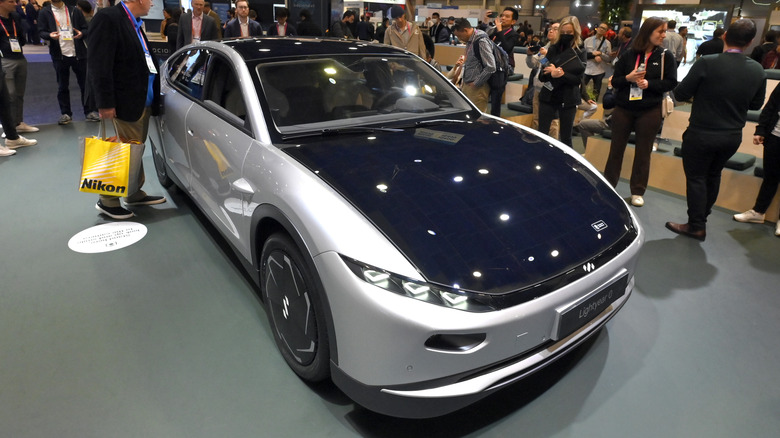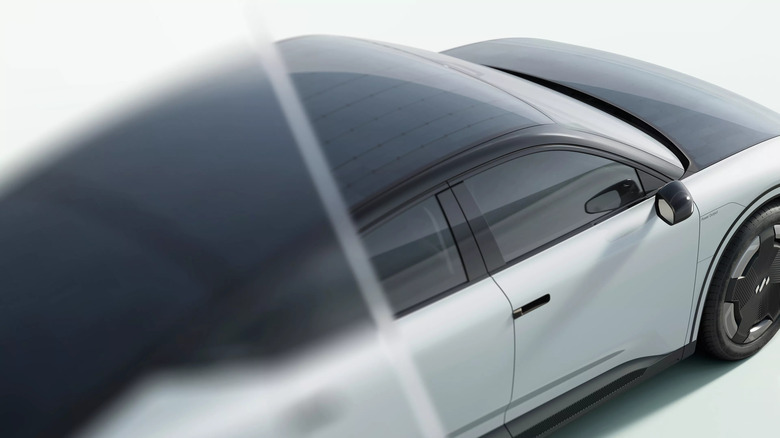Lightyear 0 Solar Car Production Axed To Focus On Sun-Powered SUV
Solar car manufacturer Lightyear has just announced a major change in its production schedule. As of January 23, 2023 the company will no longer focus on manufacturing Lightyear 0 solar-electric cars, shifting focus to the Lightyear 2 solar SUV.
The Lightyear 0 was an impressive proof of concept for the solar carmaker. Per the manufacturer, the innovative design of the four-seat solar sedan allowed the car to charge while in motion, snagging up to 70 km of additional range every day. Lightyear claimed the 0 could pick up 6,000 to 11,000 zero-emission kilometers of range just from the sun, depending on the weather.
For such a high-concept ride, the 0 was also impressively utilitarian. It could charge up to 300 km from one night on a standard wall socket, and offered 474 liters of cargo space and a 188mm road clearance — setting it up for everything from the weekly grocery run to light off-roading.
In short, Lightyear had the makings of something special in the 0. So why replace it?
Sky-high thinking on American pavement
The short answer on why Lightyear is going all in on the 2 at the expense of the Lightyear 0 is "the market said so." The Lightyear 0 and the Lightyear 1 were proofs of concept; example models designed to hit milestones and break records in the course of proving to the marketplace that solar vehicles like the Lightyear 1 were ready for real-world use.
The Lightyear 0 and 1 are exiting the spotlight, basically, because they succeeded. Enough buyers are now persuaded that solar cars could be a thing that they're signing on in droves for the Lightyear 2: a solar SUV projected to be Lightyear's first true production vehicle. Lightyear's announcement states that the Lightyear 2 has already picked up 40,000 individual pre-orders, plus 20,000 orders from companies looking to update their motor fleets.
Based on the performance of the Lightyear 1, there's good reason for optimism with the upcoming Lightyear 2. The Lightyear 2 claims it has 500 miles of range on a single charge and an MSRP under $40,000. If it can hit those marks while delivering an acceptable driving experience, it could be a major force in the global EV market.

